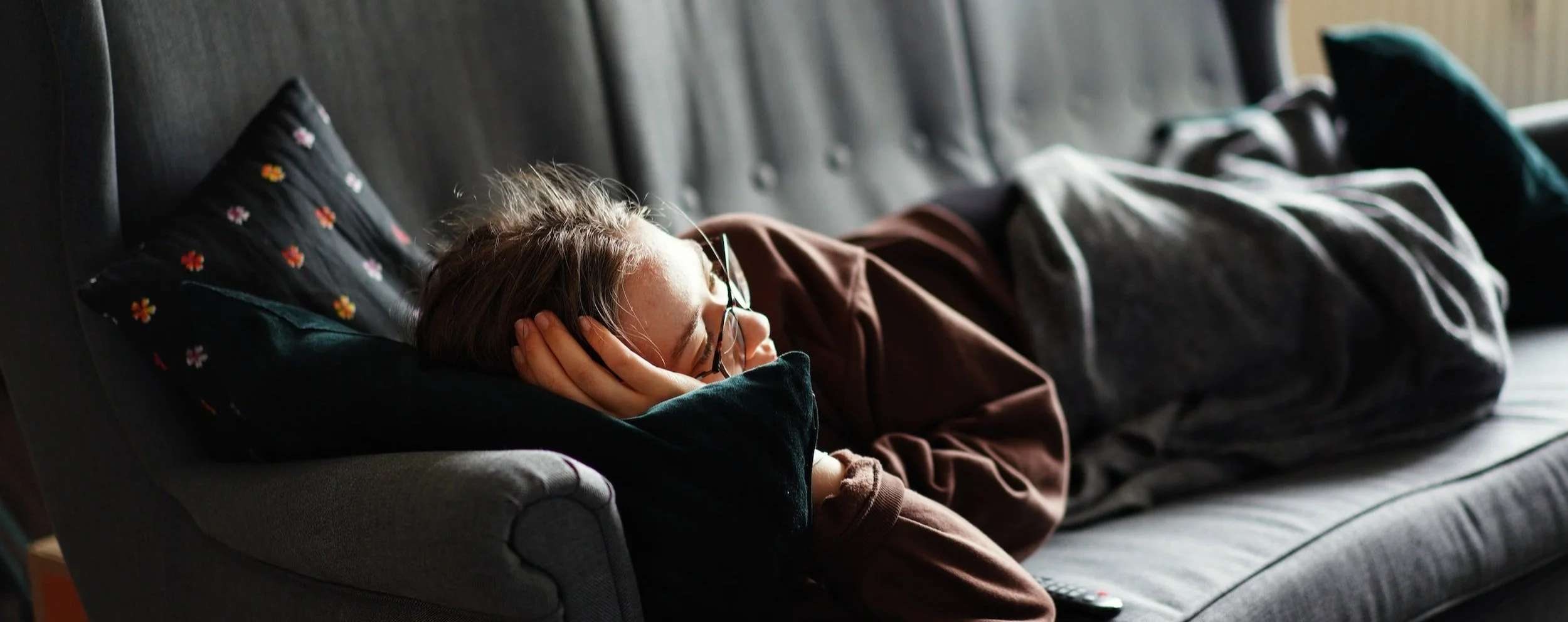Take a Brain Nap! The Importance of Cognitive Breaks
By Andy Williamson, Founder and Managing Director
Centuries of learning about our physical bodies have given us a good understanding of what our bodies need and how they function best. You only have to look at the World Cup, where constant improvements in nutrition, training, and recovery have led to an ever-higher physical capacity for players. The players at the 2022 World Cup would (literally) run rings around the players at the 1990 World Cup. However, we haven’t made the same strides when it comes to mental health and performance. A student of 2022 would not significantly outperform one of 1990.
Analogizing physical and mental training is a useful exercise. No athlete (regardless of sport) can train constantly. Rest is as much a part of performance as training. Christiano Ronaldo, one of the best athletes on the planet, naps five times a day.
Be Wary of Cognitive Burnout
Obviously, learning isn’t as physically demanding as athletic training, so the need for literal naps isn’t the same. However, the principle of the importance of rest is critical across both academic and athletic performance.
For today’s students, cognitive burnout is a very real phenomenon. From the moment they wake to the moment they sleep they are bombarded with information. Think about your own student: how late in the evening are they completing their schoolwork? Are they working on weekends? How would you view an adult who had the same workload? Particularly one who was being told that every single piece of work was critical for their future?
At Hampton Tutors, we ran a survey of our students at the beginning of the 2022/23 academic year. Roughly one-third of students reported high or extremely high levels of anxiety caused by their schoolwork. More than one in five students spend more than 15 hours a week on schoolwork outside of school time, with an average of 7+ hours per week of extra-school work. And bear in mind that is all students K-12.
Given that information, the most obvious response is that something needs to change. And while we work with students to improve their work management skills and diminish their anxiety, the most important thing students can do in the short term is to build in times of rest.
It’s OK to SWITCH OFF
The holiday period may not seem a particularly restful time—with visiting relatives and friends, and a number of social engagements. However, it can be an excellent time for young people to switch off from their daily workload. So when your young person is lying on the couch on their phone or watching their third movie in a row, don’t think of it as the ‘Winter Slide’; don’t imagine that they’re losing a competitive advantage against their peers, or that they’re going to return to school in January having forgotten everything they learned since November. Think about them as recharging their brains.
After all, in the same way that resting is part of the athletic process, so too is it part of the learning process. Don’t feel guilty if your student is on their fifth nap of the day. They are to learning what Christiano Ronaldo is to soccer.
Andy Williamson
Founder, Hampton Tutors
About The Author
Andy’s passion for teaching is born of his own love of learning and quest for knowledge. Originally from the UK, he has an undergraduate degree from Oxford University and a master's from the University of Edinburgh.
Outside of work, he enjoys traveling, playing cricket and rugby, and spending time with his wife and two young daughters.
We provide academic coaching, executive function coaching, subject matter tutoring, and student mental health support for students of all ages and learning styles.


